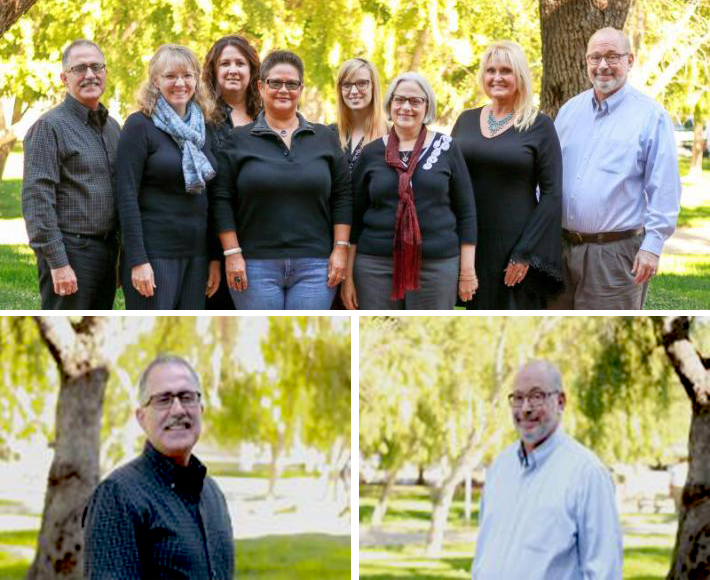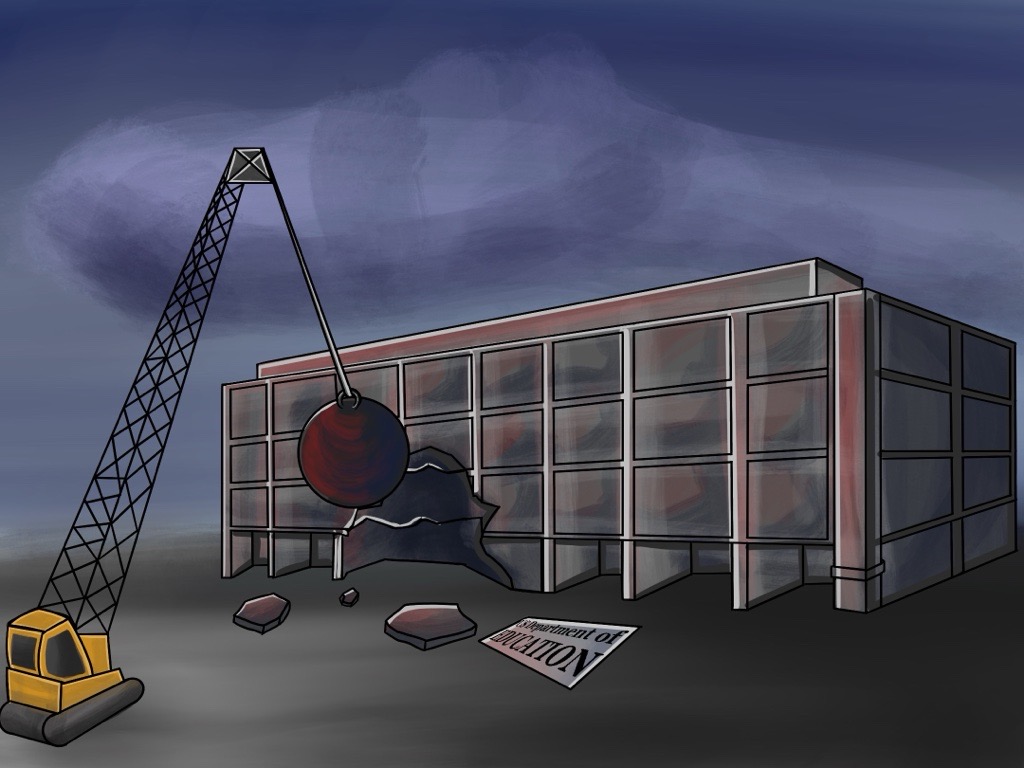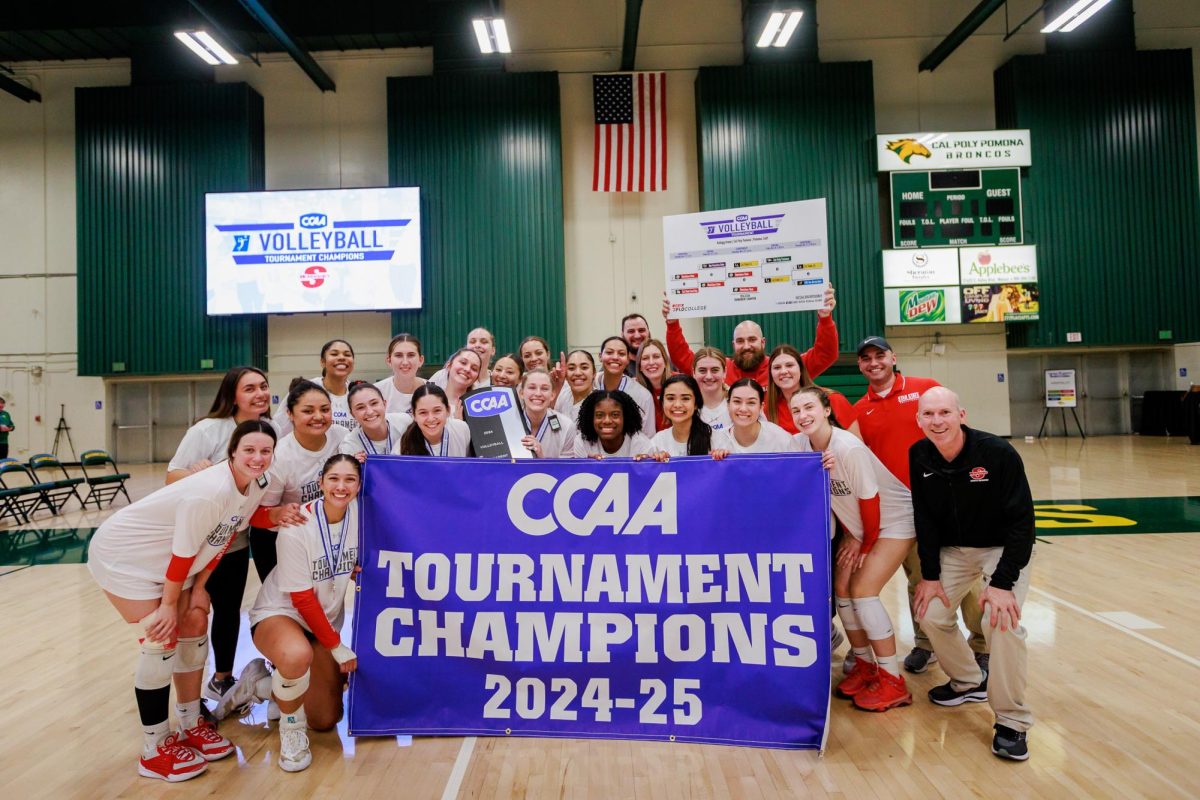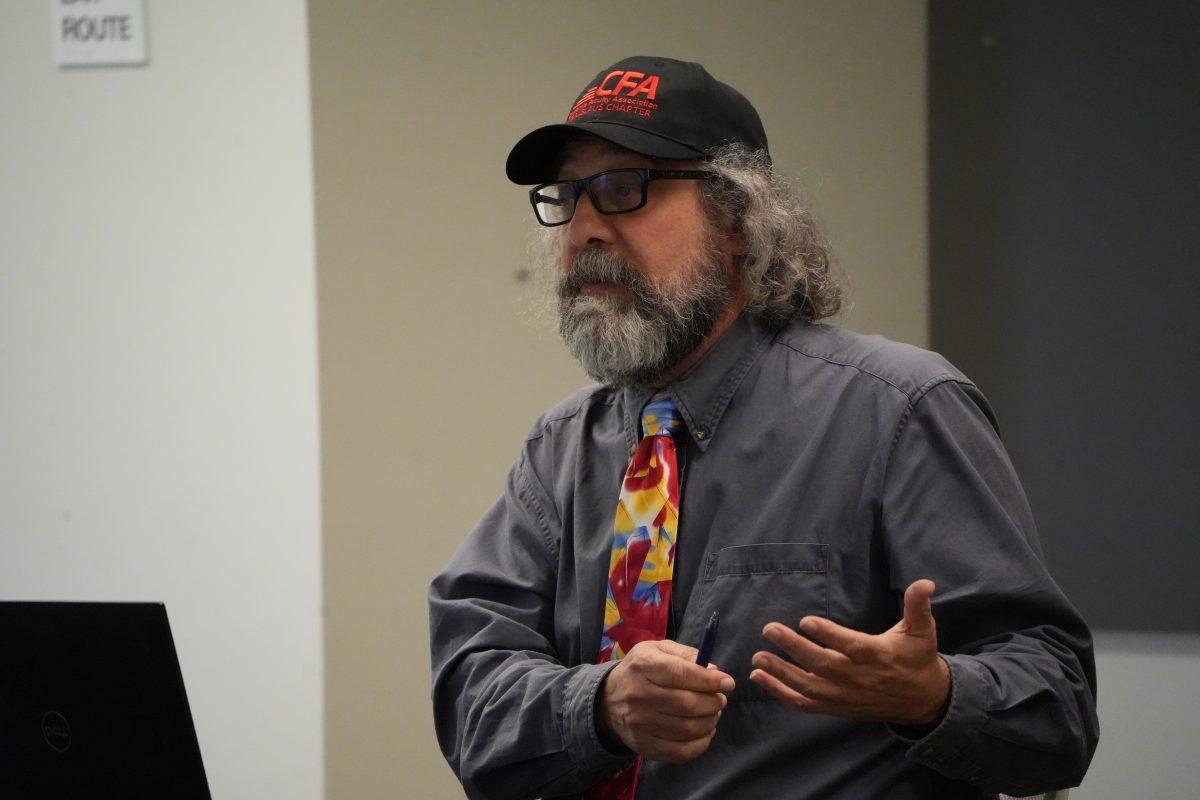The Academic Senate has approved the resolution to grant tenure for psychological counselors.
During the Feb. 13 meeting the discussion for the Resolution in Support of Hiring Tenure Track Psychological Counseling Faculty passed 29 in favor, 10 in opposition, and one abstention.
It was noted at the Academic Senate that in the last 10 years the university has not granted tenure to any counselors, in fact, there is only one counselor currently employed at the university with tenure, Leland Bettencourt, Licensed Clinical Social Worker (LCSW).
Bettencourt explained that with tenure he has been able to establish strong relationships over the course of his 26 years working at Stan State. It has also presented him with opportunities that, if he was a temporary counselor, he wouldn’t have had otherwise.
“Being a psychological counselor with tenure has provided me with the opportunity to establish a long term career at the university, as I have now completed 26 years at Stan State. It has provided me with the opportunity to provide a long term commitment to meeting the emotional/psychological needs of our students, and supporting their academic success,” Bettencourt said.
Bettencourt adds that if tenure is available it helps strengthen the relationship between the counselors and the university.
“Providing tenure for counselors communicates a strong sense of investment and commitment between counselors and the university,” Bettencourt said.
President Junn and Dr. Berkow, Director of Psychological Services, hope to keep counselors for as long as possible, provided that the right course of action is taken to maintain the quality of care provided to Stan State students.
“In the last year President Junn said that our counselors now have worked a year and have a satisfactory evaluation will get three-year contracts,” Dr. Berkow said.
“It’s a strong statement to our counselors to be permanent in the sense that they know we’re wanting them to stay here even though [in] classification terms the only way to be permanent as faculty [is] on the tenure track, and they’re not,” Dr. Berkow added.
He believes that time will help establish a sense of unity among the staff as they work at the university. “I mean we want continuing members of the team and we want to be cohesive while working together, if we know each other for years it helps a lot,” Dr. Berkow said.
Three year contracts are not the only measures being taken by the university, they are also focusing on areas like competitive pay.
“I commissioned HR to do a study and we raised their salaries commensurate with regional salaries. I think it’s critical to think about professional development. We need to ensure that they are getting up to date research on student affairs issues,” President Junn said, according to the Senate Meeting minutes.
Dr. John Sarraille, a Computer Science professor, who attended the Academic Senate, was in support of the counselors. “The assertion that counselors don’t need academic freedom is wrong. They speak in defense of students. In some cases, admins may not be on the same side as the students, in their best interest. Having counselors who can speak in their defense is a good idea,” he said, according to the Academic Senate meeting.
The California Faculty Association (CFA) has been advocating on behalf of the Psychological services over 25 years, but the push for tenure is not a new concept.
Dr. Stephen Filling, CFA Director, believes that counselors won’t just benefit students, but they could also, “Engage in services to the university and the community. They bring powerful and different perspectives to the table along with the outlook of professors. They also do outreach not only for students but faculty like how to look for signal or clues to look for in students who are having issues in class.”
He adds that the counselors could offer to work with professors to help with their mental health needs as well.
He also said in cases of academic discipline hearings, counselors could attend and work with faculty and administration, and “serve as mediators in the community.”
However, there is still the issue of instability, in the minutes of the Academic Senate, Provost Greer, respectfully disagrees with specific areas of the resolution but acknowledges the fact that, “stability is important. We can do things to improve their work environment, including moving to three year contracts.”
Dr. Filling believes that the lack of consistency in staff can often have an effect on students. “When a student has a particular issue we might send them to counselor who has been at the university longer, not because the newer counselors are not good, it’s just that the level of trust in those relationships have been there longer,” he said.
While the issue of consistency of counselors is important, another aspect to take into account is whether or not tenure would affect the quality of care students would receive from the psychological services.
Dr. Gerard Wellman, co-director of the Masters in Public Administration program, says the primary goal from the psychological services is “to make sure that the mental health professionals that we employ on this campus are serving our students to the highest degree possible.”
He is concerned with the accountability and quality of services that psychological counseling faculty provide to students, due to the intensity of work the counselors deal with.
“I think that especially for counselors [they] hold life and death decisions in their hands, the same way physicians do,” Dr. Wellman said. “If we really want to give our students the highest level of service and serve them the best way possible that people that hold life and death decisions in their hands need to be here because they have a track record of doing a good job of serving our students well and engaging in evidence based practices.”
His position on the matter does not stem from past experience instead it is more to do with how to move forward in way that is constructive and beneficial not only to the university, but for the well being of the students.
“I also want to say that I highly respect the work that our counselors and our psychological centers faculty and staff do, my concerns are not based previous experiences but, rather trying to figure what is the best path forward.”
Ariana Reyes (junior, English) does not believe that counseling is something that is particularly helpful in her case due to her past experiences with counselors from previous institutions.
“If a counselor did not know how to help me, they would just send me to see another person and it was like I had to start all over again. I had to reintroduce myself and explain why I am seeking help and go through the whole process of getting used someone again,” Reyes said.
Her experience with counseling has changed her outlook on counselors and as a result she no longer believes in seeking help through resources like counseling.
Dr. Daniel Berkow explains what qualities he looks for when hiring a counselor.
“I am looking for someone to be a member of our team on an ongoing basis, that is really clear to me, I have never fired a counselor, I would if I had to. But my intention is to have a collegial team, so I’d rather find ways to correct a problem if it develops and keep the team unified if possible. Because as somebody works as part of our team they develop relationships, communication, and knowledge,” Dr. Berkow said.
Bettencourt and Dr. Filling believe it is in the best interest of not only Stan State but the whole CSU system to reinstate tenure for counseling faculty.
“This begs the question of what is the rationale for this change, and how does it help us in meeting the mental health needs of our students?,” Bettencourt said.
Dr. Filling’s main goal of the resolution is to return to the practice of hiring counselors with the intent of giving them tenure. “A major point about this issue is it’s not a new thing, it worked very well why did we stop?”
The passing of the resolution is perhaps just the beginning. The decision of following through with the resolution, with respect to the beliefs of Stan State faculty, lies in the hands of the CSU administration.







